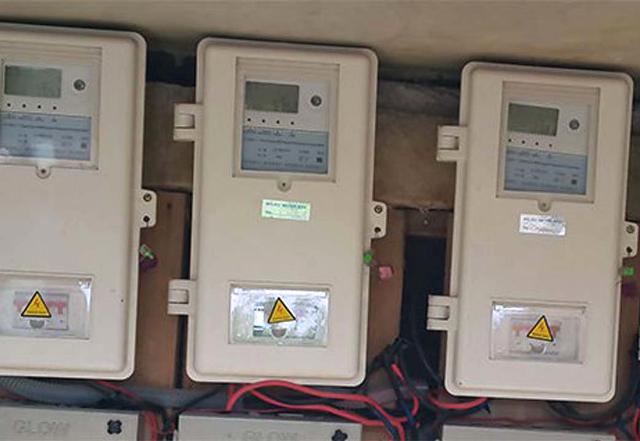The recent decision by power distribution companies (DisCos) in Nigeria to raise the prices of various electricity meter models has sparked significant public backlash, particularly amidst ongoing economic hardships in the country. This marks the second increase within a span of four months, further straining consumers already grappling with high living costs. As reported, the price of a single-phase meter has surged from approximately N117,000 to as high as N149,800, marking a 28.03 percent increase, depending on the distribution company and vendor involved. Official announcements through the DisCos’ social media accounts indicate that these new prices are slated to take effect on November 5, 2024, with the increases attributed to changes in the regulation governing the Meter Asset Provider (MAP) scheme, established by the Nigerian Electricity Regulatory Commission (NERC).
The repercussions of this pricing revision extend to the affordability and accessibility of electricity meters for consumers, many of whom voiced their anger, labeling the increases as “wicked.” Various DisCos have set differing prices for single-phase and three-phase meters: for instance, Eko Disco priced its single-phase meters between N135,987.5 and N161,035, while others like Ibadan Disco offered prices ranging from N130,998 to N142,548 for single-phase meters. This disparity highlights the varying costs across different distribution companies, leading to confusion and frustration among consumers who already feel burdened by a lack of transparency in pricing and service delivery.
The deregulation of meter prices under the MAP scheme introduced by NERC earlier this year aimed to resolve ongoing issues related to the supply and pricing of meters, promising a shift toward a more competitive market. By allowing meter prices to be determined through competitive bidding rather than being centrally regulated, NERC hopes to foster a more dynamic metering ecosystem. However, concerns remain regarding the actual implementation of these policies, as meter vendors claimed the approved prices were still below the production and landing costs, triggering temporary shutdowns of meter application portals. This situation raised alarm about the sustainability of meter supply, as vendors refused to sell meters at a loss.
Despite the regulator’s intentions, consumers have expressed skepticism regarding the actual benefits of deregulation. Critics, including representatives from customer advocacy organizations, have pointed to past financial mismanagement by DisCos associated with the National Mass Metering Programme (NMMP). Notably, they question how only N7 billion out of the N59 billion earmarked for the NMMP had been repaid by DisCos, leaving consumers to foot growing meter costs without clear accountability for the unspent funds. The lack of transparency surrounding the use of the NMMP funds has heightened distrust, as many believe the same entities responsible for inefficiencies in the past are now raising prices with little justification.
Consumer advocates argue that the recent meter price hikes are further punishment for a population already burdened by high electricity tariffs and the rising cost of living. Industry stakeholders point out that similar metering solutions are provided at significantly lower prices in other countries, raising further questions about the fairness of the pricing structures in Nigeria. The rationale offered by DisCos that the increasing exchange rate necessitates higher meter prices has been met with skepticism, especially in light of the earlier financial mismanagement tied to the NMMP funding.
Overall, the debates surrounding the recent price hikes for electricity meters reveal a complex interplay between regulatory changes, consumer rights activism, and economic realities in Nigeria. The DisCos’ actions seem to contradict the regulatory body’s promise of a more competitive metering landscape, leaving consumers in a lurch as they struggle to understand their rights and the value they are receiving. As the situation unfolds, it will be crucial to monitor how these dynamics evolve, particularly regarding the transparency of financial operations within the electricity sector and the ongoing narratives around consumer protection in Nigeria’s turbulent economic climate.














